Although the accounts Gmail is particularly popular even for business use, there are users who wish to permanently delete one or more accounts. In this article we will see how to delete them permanently.
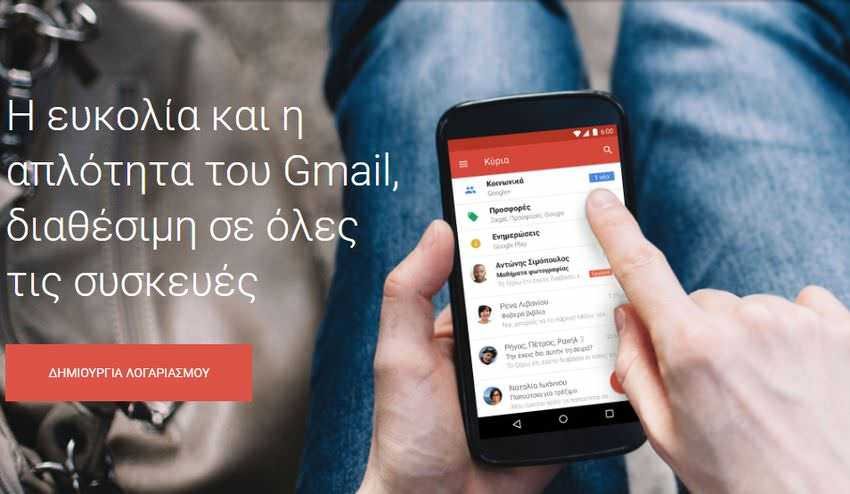
For those wondering why anyone would want to delete one free gmail account, we will tell them that there are a lot of cases for someone to wish for it. Old emails from childhood, such as mikri_trelokampero04.gmail.com, have not been put in the adult world. Emails from terminated business activity that do not need to be somewhere in some corner of the vast Internet, at risk of leaking at any time.
But, let's look at the guide on how to delete your Gmail account forever.
Things to do first
Before deleting your Gmail, you should make sure that this address email is no longer linked to your bank, Amazon, eBay, work, or other important accounts because there will be no way for messages sent to your email address to be forwarded once it has been deleted. So, go to your most important accounts first and change their contact email address if any are connected to the Gmail being removed.
The next thing you need to do, if you wish, is to download all the important emails from your Gmail account. Google has a built-in tool to do this. It is called the “Download your data". Go to it, then remove it choice of all boxes except "Correspondence". (You can click the Select None box, then simply click the X next to Mail to select it.) You can also choose to save only emails under certain labels. Just click on the "All messages" button next to the word "Correspondence" to choose which labels to download.
Once you're ready, click Next, then follow the instructions to save the content of your inbox.
Delete your Gmail account
1. Sign in to your Google account using any of the Google services (you can also use Gmail.), then click on picture your Google profile (top right) and select "My Account".
- On the My Account screen, click Delete your account or services.
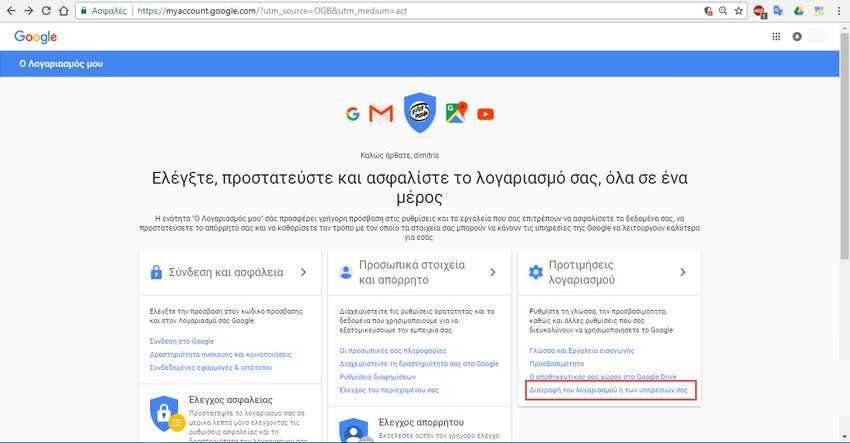
- On the next screen, scroll down to "Delete your account or services" and then click the "Delete products" button and sign in to your Gmail account for the last time.
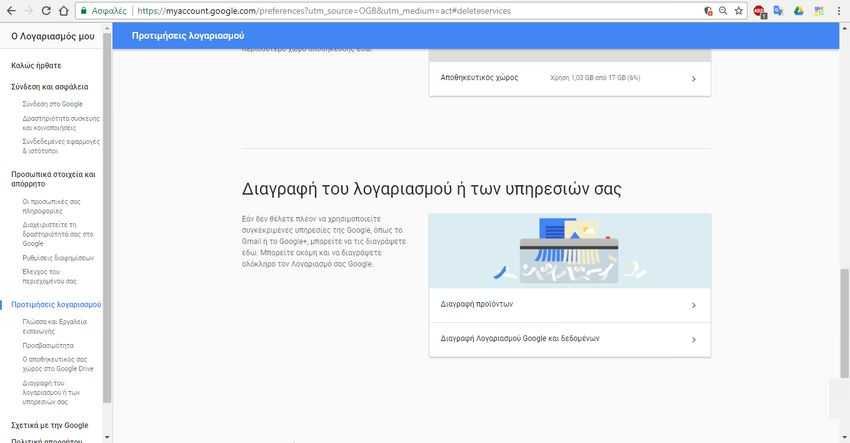
You'll see a list of Google services associated with your account that you can delete. (It's a good idea to know this list if you want to delete other Google services in the future.)
- Click the bin icon next to "Gmail", then enter an email address when prompted so that your other Google Accounts - such as Drive and so on - can remain active. Your alternate email address could not be another Gmail address.
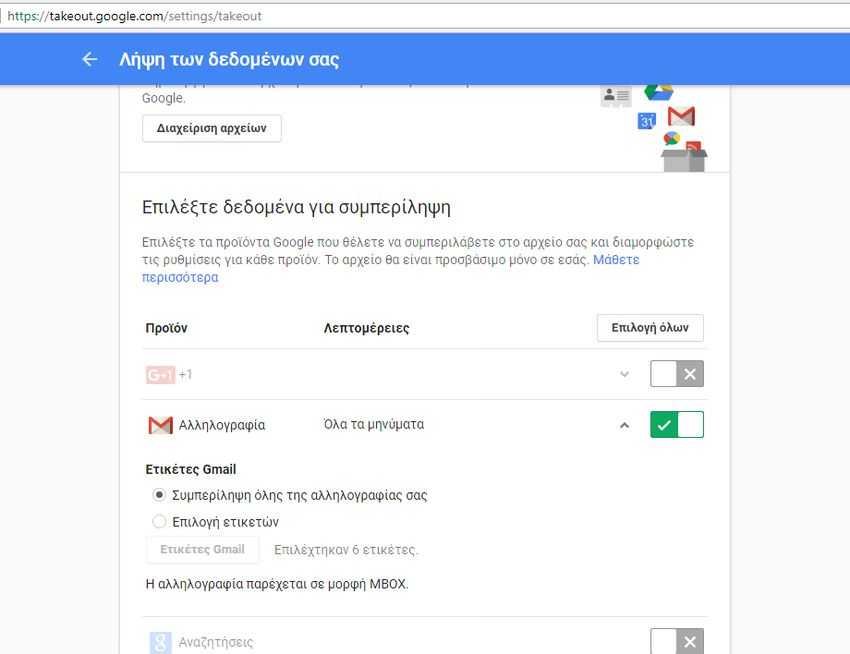
Once this is done, you'll receive an email at the address you've entered, asking you to click on a link to confirm that you really want to delete your Gmail account forever.
- Click the link, then read the Google warning message that says it's not just plain blah blah text. The most important thing to note here is that if you were using this Gmail email address as a recovery address for your bank account, important service accounts, etc. then you will no longer be able to access this information.
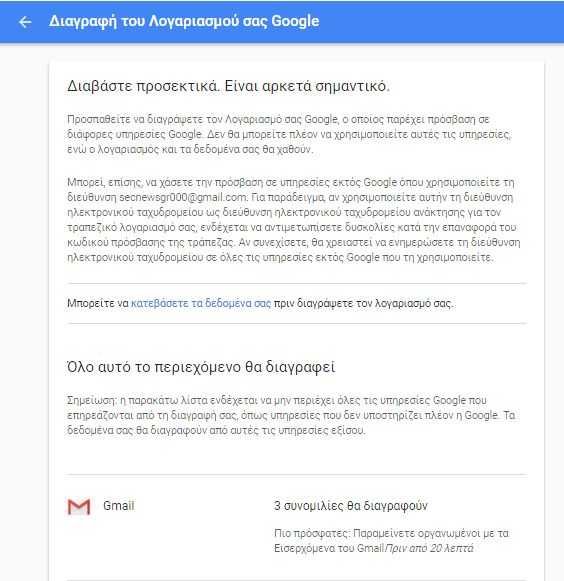
- So now that you have considered all the consequences, you are ready to delete your account. If you insist, then select the box at the bottom of the "blah blah" window and select "Delete Gmail".
That's it! You no longer have access to your Gmail account after it has been irrevocably deleted (as always with Google). If you have not deleted the other services in this account, you will still be able to access them despite deleting your Gmail address. Access will be through the email address you have entries in step 4.





